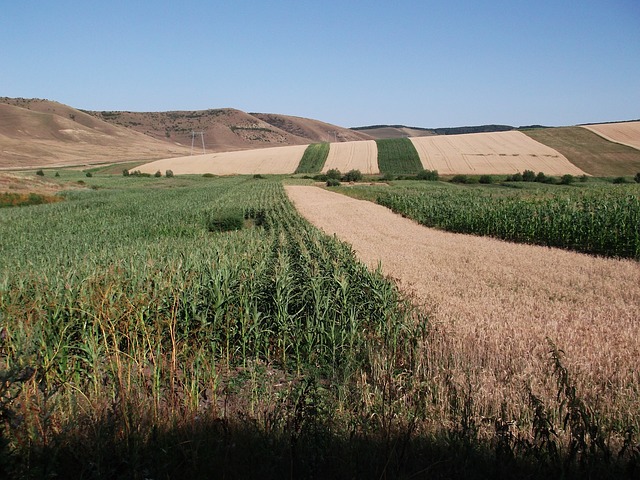October 17, 2017
The European Bank for Reconstruction and Development (EBRD) announced it has acquired a 13 percent stake in Agricover Holding – a Romanian agribusiness owned by Iranian investor Jabbar Kanani for RON 32 million (US$8.3 million). The deal, which values the group at US$63.7 million, is expected to close by the end of this year.
Agricover Holding has a major presence in Romania’s agricultural sector. Established 17 years ago, the group provides agribusiness and financial services to the country’s farmers through an integrated and original business model designed to meet the primary needs of agricultural operators. The company counts 850 employees across its two subsidiaries – Agricover SLR and Agricover Credit IFN – both of which serve more than 4,500 farmers, providing more than RON 1 billion in financing to its clients.
“We have been following Agricover’s development with great interest over the past few years,” said Milan Zdrale, EBRD regional head for Agribusiness in central and south-eastern Europe. “The company has developed a unique structure that has proven to be resilient to the risks inherent in the agribusiness sector. We hope that with our support it can become a role model for other countries where primary agriculture is an important part of the economy.”
The company plans to use the capital to fund its strategic growth, with the investment enabling Agricover to better meet the growing financing needs of Romania’s small and medium sized farmers as they seek greater access to modern technologies and wider markets.
The company states that it also will continue to develop its previous investment in the pork processing sector. In February 2015 the group announced a 5 million Euro (US$6 million) expansion project through which it acquired a slaughterhouse in southern Romania, which it bought with plans to undertake numerous upgrades including building out the facility’s capacity, upgrading its processing lines and cutting lines, integrating specialized logistics, and the addition of a new IT system.
“We are joining forces with the EBRD to accelerate our support for the development of modern agriculture in Romania,” said Jabbar Kanani, president of Agricover Holdings. “Together with the Bank we will continue to provide farmers with innovative solutions designed to enhance the performance of their farming activities.”
Romania
A member of the EU bloc since January 2007, Romania offers an intriguing prospect for agricultural investors. The country’s agricultural area totals 14.7 million hectares, or nearly 62 percent of its total land area. Of this, 64 percent is arable land, while 4.8 percent is pasture land. The country is ranked sixth agriculturally in the EU following France, Spain, Germany, Britain, and Poland, and ranked fifth for arable land behind France, Spain, Germany, and Poland.
Romanian real estate developer Sonea Ciprian said that land prices and soil quality are two attractive factors for agricultural investors in the country, which has land prices that can be up to five times lower than those in other EU countries.
And although the price of Romanian farmland has tripled since 2007, it still represents an attractive investment opportunity, Marius Schiopota, managing partner of Hitch & Mosher, told Business-Review in July 2016.
“Over the past year we have seen investors show an increased interest in farmland acquisitions, due to both an appetite for growth and investments shown by companies active in the farming and food industries, and the higher yields foreign investors get here compared to other European countries,” said Schiopota.
The country’s Chernozem, or black earth soil located in its Walachian Plain is optimal for significant development of cereal and vegetable production, while the Carpathian Mountain region produces dairy, livestock, and wine; fruits and vegetables are produced along the Danube, which has seen ongoing infrastructure projects being developed at the Port of Constanta, creating greater access to foreign markets.
Despite these advantages, there remains the challenge of a high rate of fragmentation of Romania’s land – something which the Romanian government has had limited success in easing by giving greater subsidies for larger-scaled farms. However, farmland prices in the country saw an increase of 10 percent in 2015, and were projected to continue rising through 2016.
-Lynda Kiernan

Let GAI News inform your engagement in the agriculture sector.
GAI News provides crucial and timely news and insight to help you stay ahead of critical agricultural trends through free delivery of two weekly newsletters, Ag Investing Weekly and AgTech Intel.




